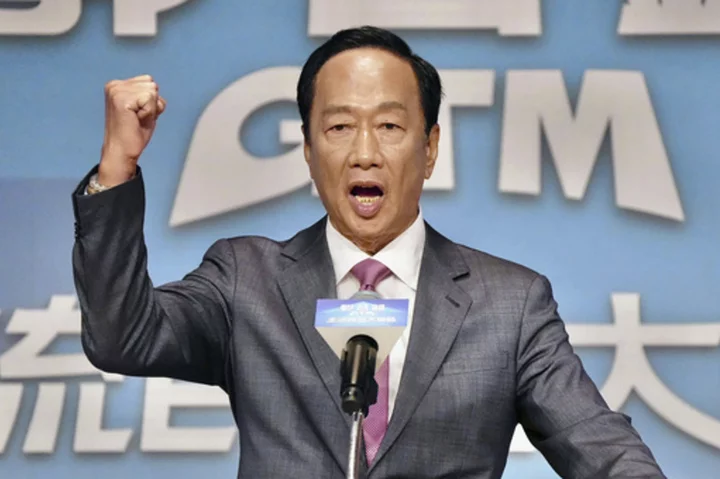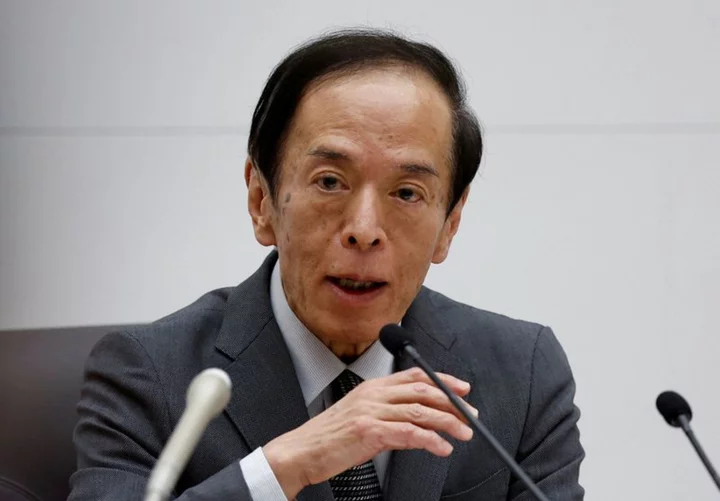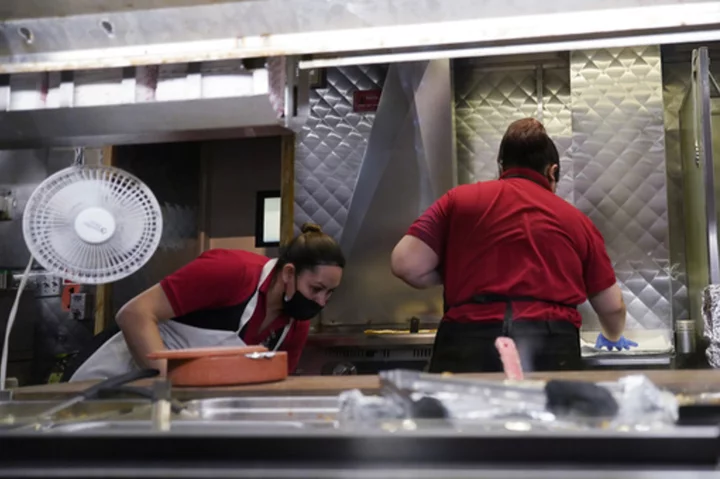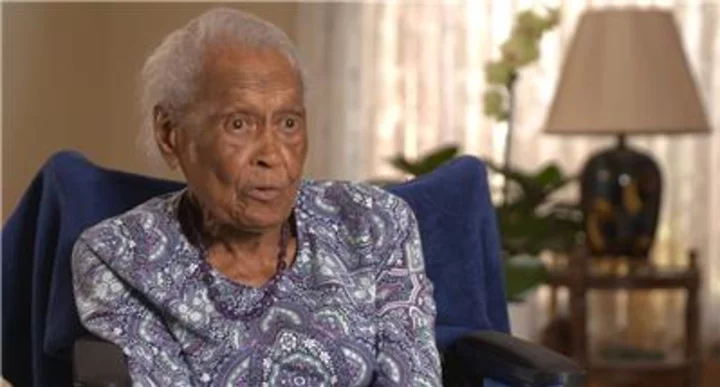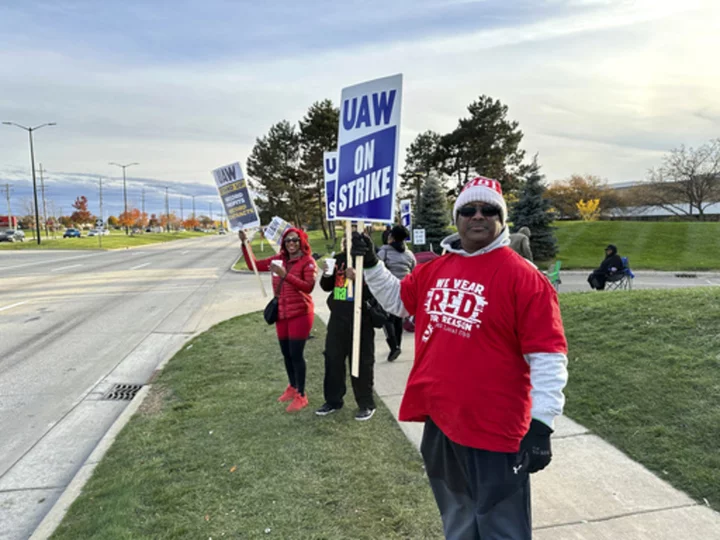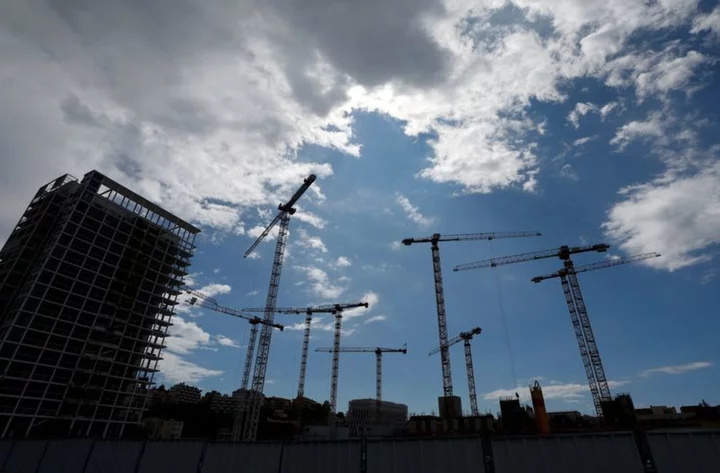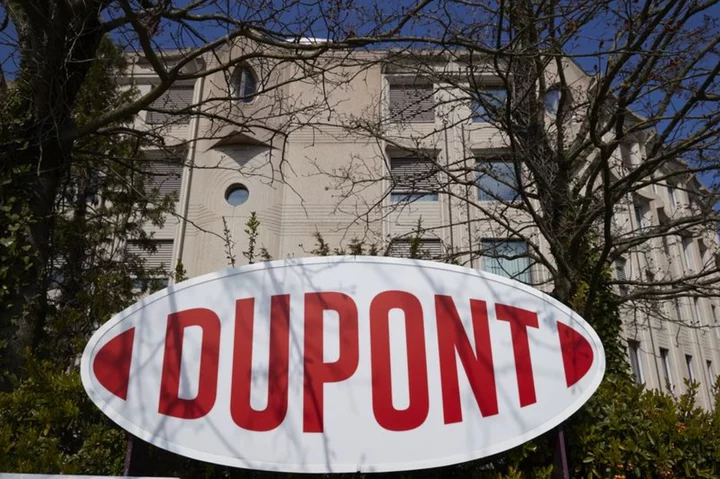TAIPEI, Taiwan (AP) — Terry Gou, the billionaire founder of the electronics giant Foxconn, declared Monday that he will run as an independent candidate for president in Taiwan's 2024 election, ending months of speculation.
At a news conference, Gou criticized the governing Democratic Progressive Party, saying its policies have “brought Taiwan into the risk of war” with China, which claims the self-ruled island democracy as part of its territory.
He said Taiwan also needs new approaches on the economy and other matters at home. “Domestically, the national policy direction is filled with all sorts of mistakes. There’s no way to solve the difficulties of Taiwanese industry and people’s livelihoods,” he said.
Gou's Foxconn, formally known as Hon Hai Precision Industry Co., is a major supplier to Apple and has factories in China.
He has long had presidential aspirations. He ran in the 2019 election but lost as Tsai Ing-wen of the Democratic Progressive Party easily won re-election.
This time around, Gou initially sought to become the candidate for the Kuomingtang, the opposition party that is friendly to China. However, the party selected New Taipei City Mayor Hou Yu-ih as its candidate.
Gou said he felt he has something to contribute on the issues that matter to Taiwan's people.
“I have not seen substantive discussions of policy recently, especially on the topics of cross straits relations (with China), economic development or international relations ... ,” he said.
Gou said he would work as president for Taiwanese society’s unity, because unity was critical to Taiwan's future.

